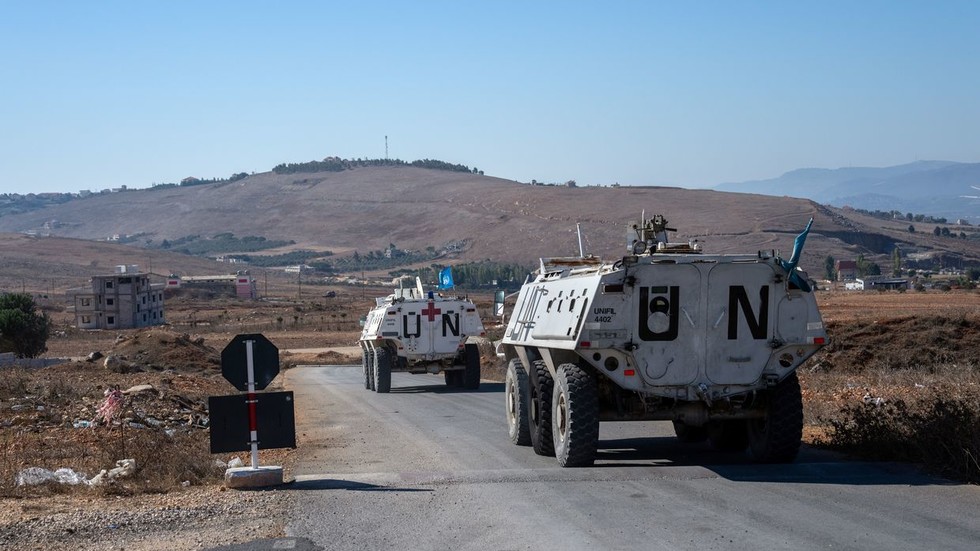Recent tensions between Israel and UN peacekeeping forces in Lebanon have escalated following an incident in which two Indonesian peacekeepers were injured by Israeli tank fire. The United Nations Interim Force in Lebanon (UNIFIL) reported that a Merkava tank targeted a watchtower at its headquarters in Naqoura, leading to condemnations from multiple countries and international organizations. The UN classified this attack as a “grave violation of international humanitarian law,” reflecting the serious nature of the incident. UNIFIL’s spokesperson noted that although Israel had previously requested peacekeepers to move away from certain positions along the border, the organization opted to remain in place to monitor developments and assist in maintaining stability in the region.
Indonesian officials expressed outrage over the attack, with Foreign Minister Retno Marsudi confirming that the injured peacekeepers were hospitalized. She emphasized that attacks on UN personnel represent a severe breach of international humanitarian law. This sentiment was echoed by the U.S. government, which expressed deep concern over the incident. The White House acknowledged Israel’s military operations against Hezbollah but insisted on the necessity of ensuring the safety of UN forces in Lebanon, highlighting a precarious situation for international peacekeeping efforts amidst regional hostilities.
European leaders, including EU foreign policy chief Josep Borrell, strongly condemned the Israeli military’s actions, labeling them as “inadmissible” and calling for full accountability. Borrell pointed out that Israel must adhere to international humanitarian law and the mandates outlined in UN Security Council Resolution 1701, which aims to ensure that the Lebanese army can fulfill its responsibilities in securing the border. This resolution is vital in maintaining peace and preventing the influx of armed personnel and weapons into the area, a goal that was undermined by the recent incident.
Other nations such as Italy, France, Spain, Ireland, Türkiye, and Canada echoed similar condemnations, demonstrating a widespread international concern over Israeli military conduct in Lebanon. The Russian Foreign Ministry also joined the chorus of criticism, demanding that Israel cease its aggressive actions towards UNIFIL peacekeepers. The massive diplomatic outcry illustrates the gravity of the situation, with the potential for broader ramifications if continued hostilities disrupt peacekeeping missions.
In response to the incident, Israeli officials acknowledged that their forces fired near a UNIFIL base but maintained that they had advised UN personnel to take cover in protected spaces. The Israeli military justified their actions by alleging that Hezbollah operatives were using civilian areas, including locations near UNIFIL posts, for their operations. This claim has raised significant apprehensions about the challenges faced by both Israeli forces and peacekeeping personnel in a complex and volatile environment where non-combatant safety is at risk.
Israeli Ambassador to the UN, Danny Danon, has suggested relocating UN peacekeeping forces several kilometers north, stressing that the situation remains volatile due to ongoing Hezbollah aggression. This recommendation underscores the precarious balance that international forces must navigate in conflict zones and the increasing risks they face. The recent events serve as a reminder of the fragile state of peace and security in the region, emphasizing the critical need for diplomatic efforts to mitigate tensions and uphold international law amidst armed conflict.

